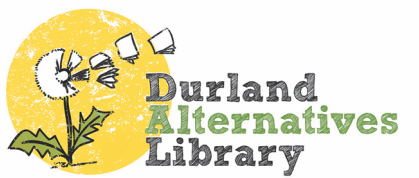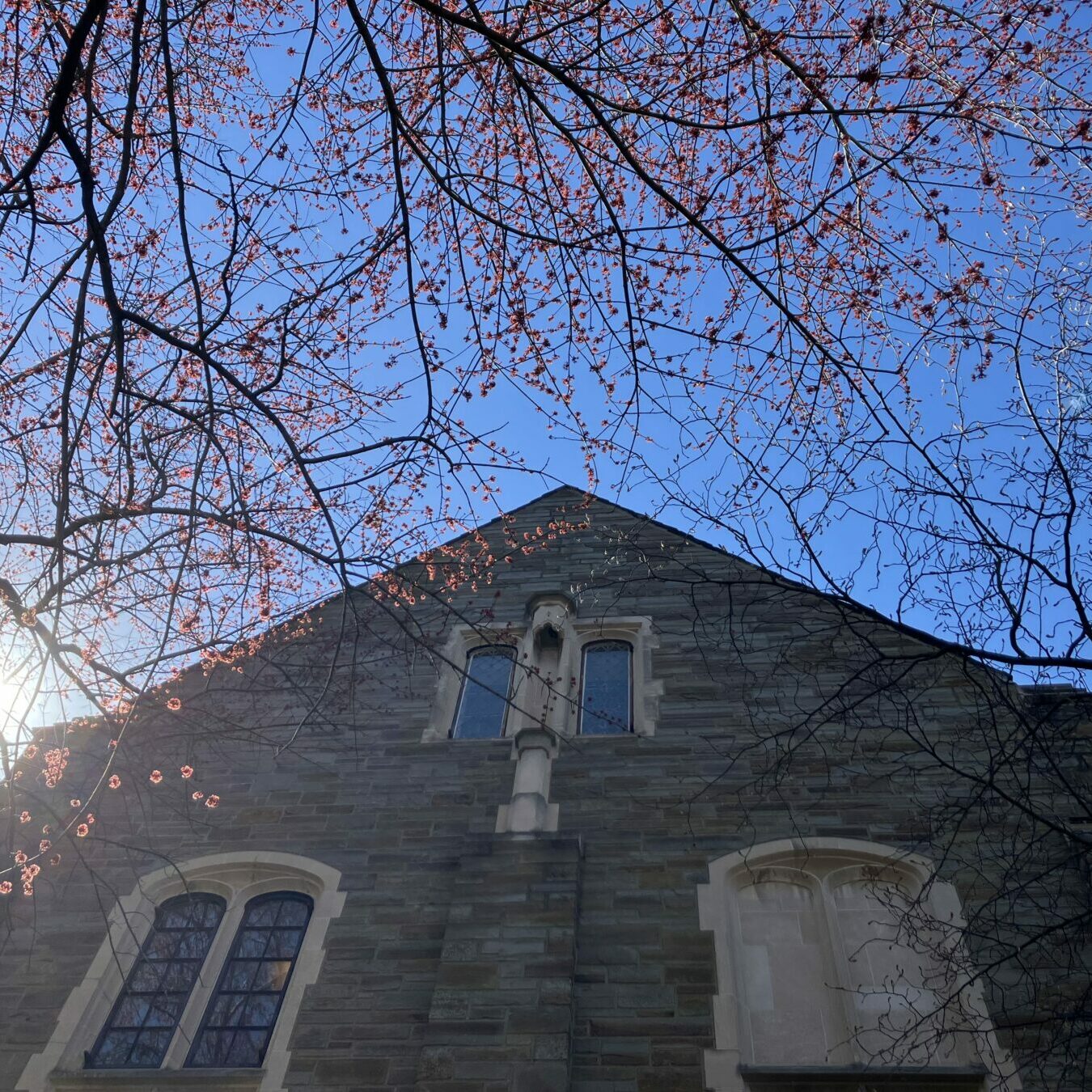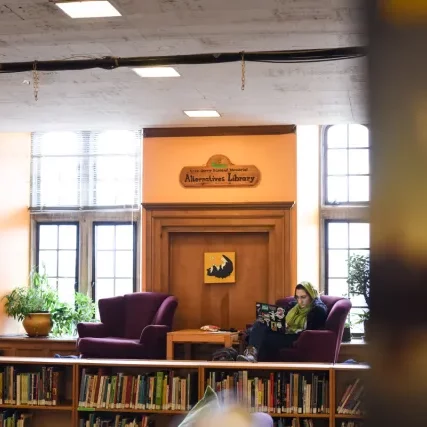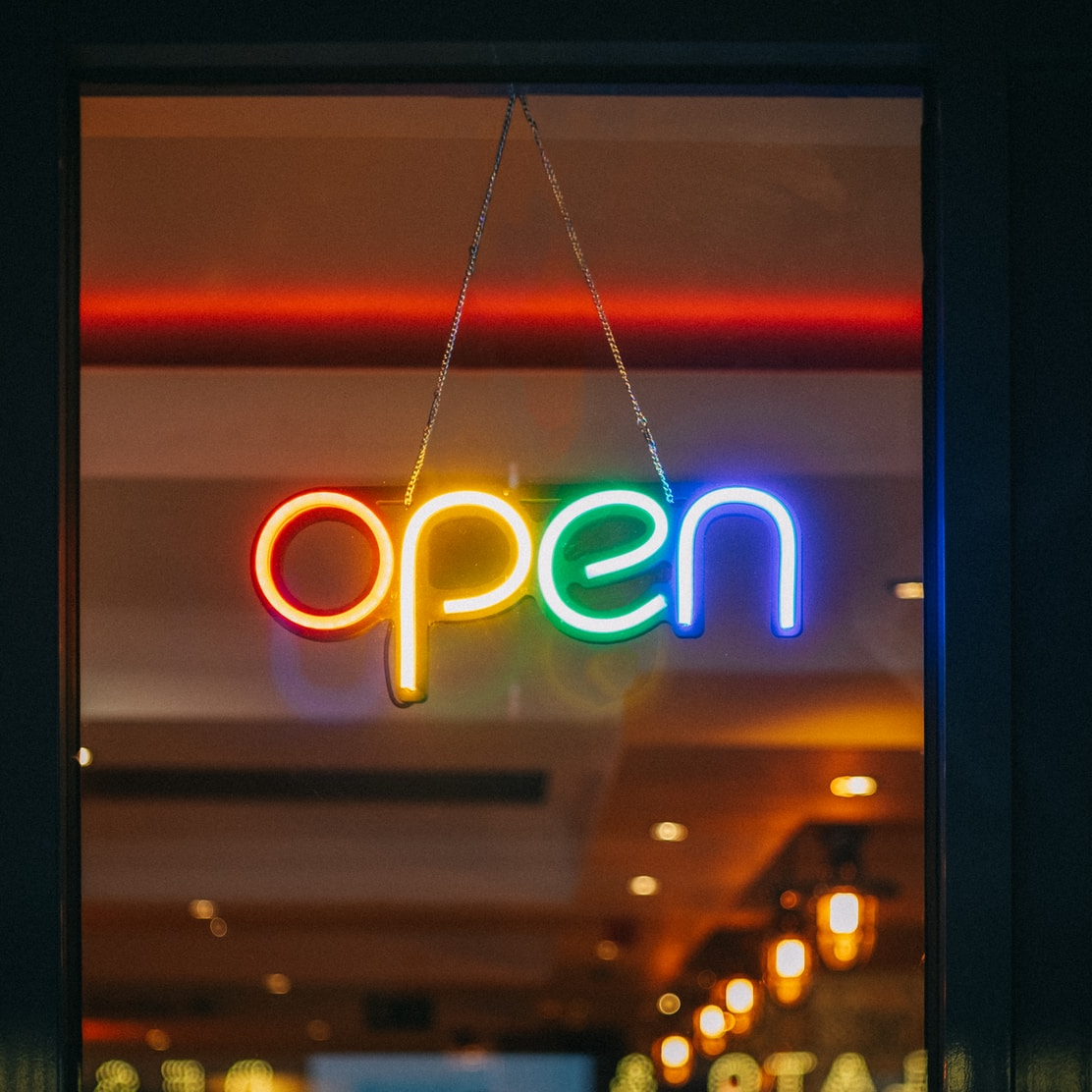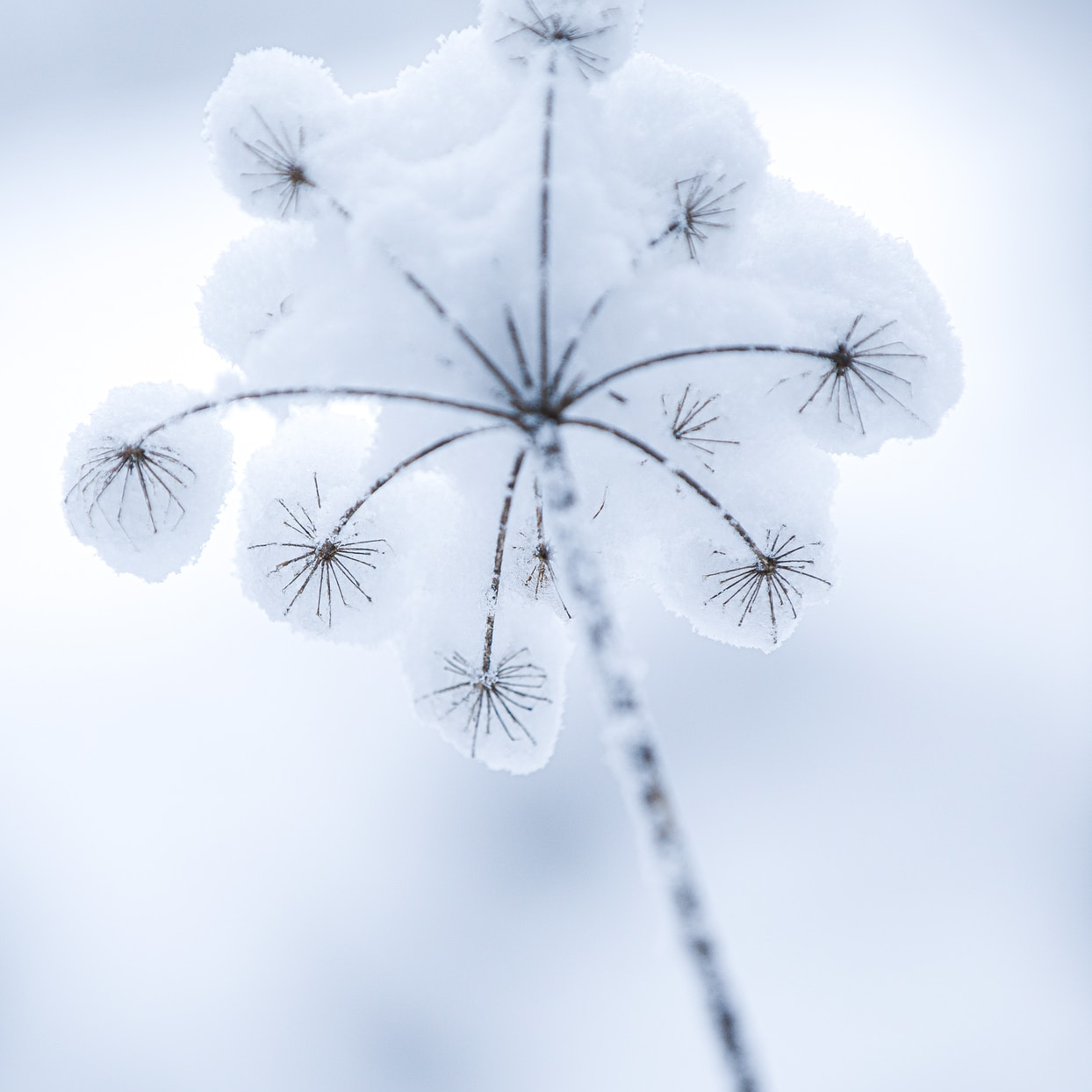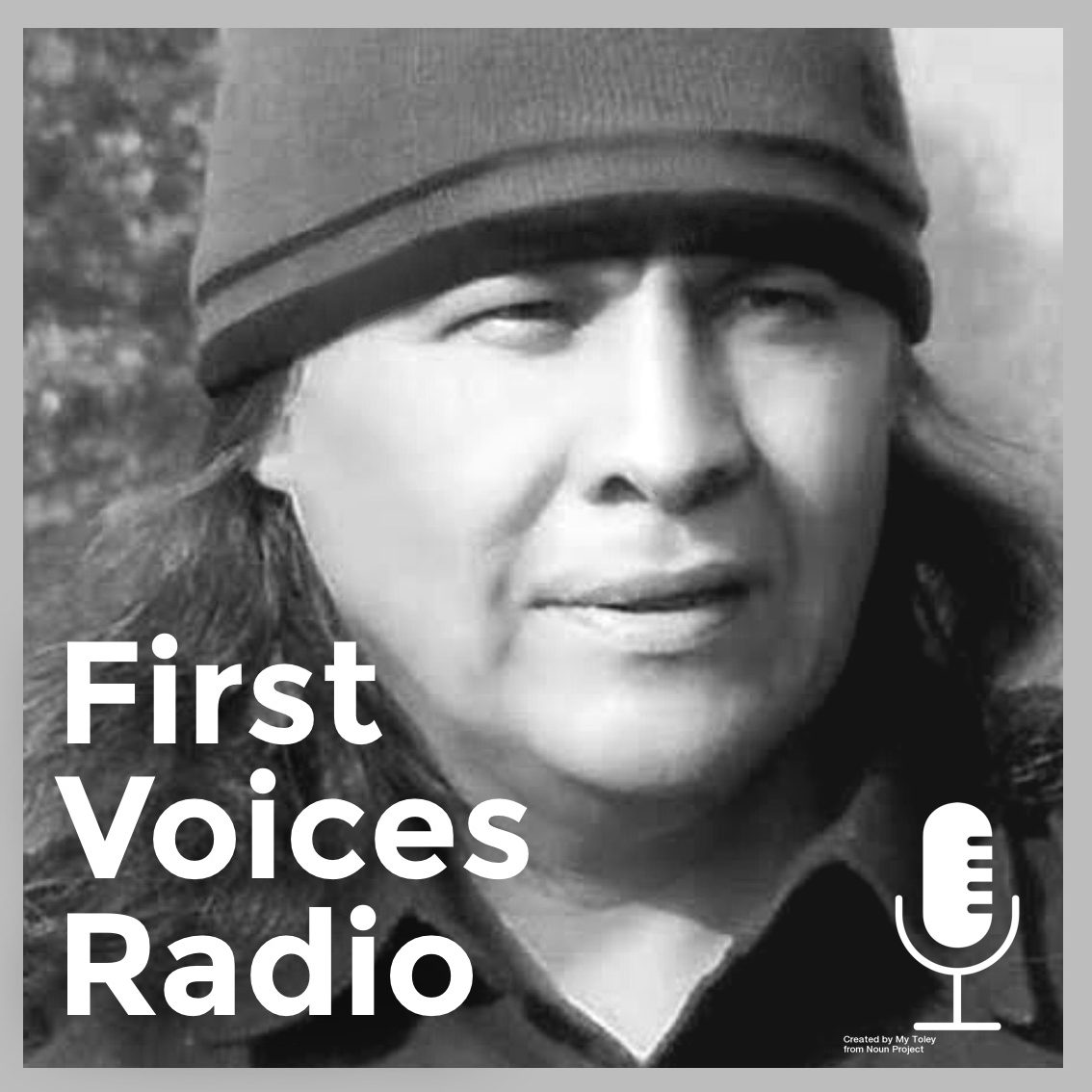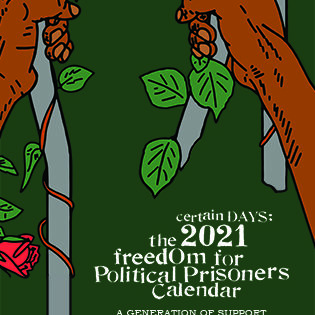This Bridge We Call Home
 More than twenty years after the ground-breaking anthology This Bridge Called My Back called upon feminists to envision new forms of communities and practices, Gloria E. Anzaldúa and AnaLouise Keating have painstakingly assembled a new collection of over eighty original writings that offers a bold new vision of women-of-color consciousness for the twenty-first century. Written by women and men–both “of color” and “white”–this bridge we call home will challenge readers to rethink existing categories and invent new individual and collective identities.
More than twenty years after the ground-breaking anthology This Bridge Called My Back called upon feminists to envision new forms of communities and practices, Gloria E. Anzaldúa and AnaLouise Keating have painstakingly assembled a new collection of over eighty original writings that offers a bold new vision of women-of-color consciousness for the twenty-first century. Written by women and men–both “of color” and “white”–this bridge we call home will challenge readers to rethink existing categories and invent new individual and collective identities.
Copyright © American Library Association. All rights reserved
Reviews
Reading this bridge we call home, which has more than 80 contributors, is like attending a late-night party with every noteworthy activist, professor, and artist you’ve ever met. The lives out its subtitle; it’s hard to walk away from reading it without feeling changed. — Bitch
this bridge we call home is a book that, like its predecessor, turns our ideas upside down, revisits the battlegrounds of identity politics, and pushes us to ask hard questions about ourselves and our communities…Anzaldua and Keating have created a daring collection. — Daisy Hernandez, coeditor, Colonize This! Young Women of Color on Today’s Feminism
If you’re ready for some serious fare by some of the best women of color writers working today, this is a collection for you. — Curve
From shouldering the traumas and dramas of life in the most powerful country in the world, the U.S., toward the creation of a different world–a sort of us/then and us/now–this bridge we call home is a step in gathering up and documenting our best thoughts about collected, difficult experiences. Diversity, difference, underlying pain, and gain, are revealed, spoken, and still, as in an earlier bridge, with a hope about speaking with the mainstream, the malestream, as well as the many more outside of either. An accomplishment, a brave, collaborative model for understanding the importance of both collected and collective experience. — Deena J. Gonzalez, Chair, Dept. of Chicana/o Studies, Loyola Marymount Univ., Los Angeles and author of Refusing the Favor: The Spanish-Mexican Women of Santa Fe, 1820-1880
Readers interested in feminism and multiculturalism will appreciate the variety of contributors and viewpoints. — Booklist
this bridge we call home is a continuation of the voices, thoughts, and imaginings found in the first book and an addition of issues that have only recently come to light. It is a work that encourges all of us to envision new ways of seeing, new ways of doing, and new ways of thinking about that which surrounds us every day. I found it well written, enthralling, and very motivating. A masterpiece that is sure to influence our lives for years to come. — Altar Magazine
